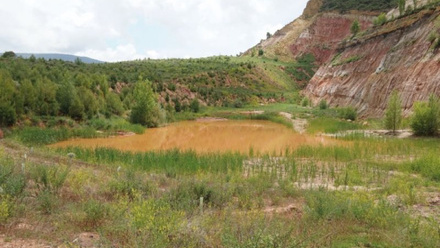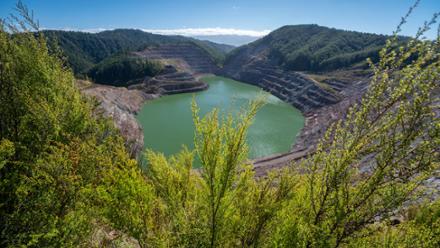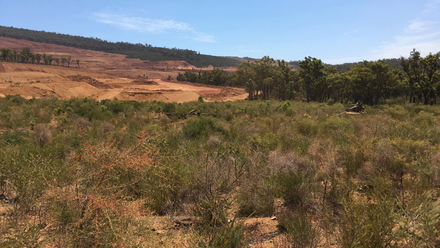Mining leaders commit to support 'nature positive future'
A commitment to support a nature positive future by 2030 has been made by leading global mining and metals companies.

With responsibly produced minerals and metals playing a critical role in advancing global sustainable development goals, ICMM members, representing a third of the global industry, have pledged that meeting this demand for critical materials must not be at the expense of nature.
ICMM’s new commitments set out a five-point plan for nature that is shaped by experts and leaders from a range of disciplines from across its membership, as well as from civil society, academia, Indigenous representatives, and investor and disclosure bodies. Ths plan is to:
- Protect and conserve pristine areas of our natural environment: No mining or exploration in World Heritage Sites and respect all legally designated protected areas.
- Halt biodiversity loss at our operations: Achieve at least no net loss of biodiversity at all mine sites by closure against a 2020 baseline.
- Collaborate across value chains: Develop initiatives and partnerships that halt and reverse nature loss throughout supply and distribution chains.
- Restore and enhance landscapes: Around operations through local partnerships, including with Indigenous Peoples, land-connected peoples and local communities.
- Catalyse wider change: Acting to change the fundamental systems that contribute to nature loss and fostering opportunities for nature’s recovery.
These commitments apply to activities across all four realms of nature – land, freshwater, oceans and atmosphere.
The commitments will leverage companies’ areas of influence – from their direct operations, value chains and wider landscapes, through to creating the conditions required to achieve systems transformation.
The organisations are supported by transparent disclosures on performance outcomes, including publishing the results of nature-related impact and dependency assessments, and setting targets to address these.
ICMM members have already implemented several initiatives focused on conservation and restoration, such as, strengthening protection for areas of high biodiversity value, developing innovative technologies for improved seed performance during landscape revegetation, and defending important habitats from invasive species.
Collaboration across all sectors is considered essential to help stop and reverse nature loss.
Rohitesh Dhawan, President and CEO, ICMM announced the nature commitments at a Nature Positive Initiative event in Davos, commenting, ‘There is no escaping that the act of mining directly affects nature, which is why the cornerstone of our commitments is to ensure at least no net loss of biodiversity at all mine sites by closure against a 2020 baseline.
'In addition, we have committed to take steps in our value chains, landscapes, and the wider systems in which we operate so that the total impact of our actions contribute to a nature positive future.
'These will be taken with the critical participation of Indigenous and land-connected peoples, and local communities, whose rights, values and knowledge will be central to our actions.’
These commitments were published as part of a Position Statement setting out ICMM members’ approach to contributing to a nature positive future, guided by the Kunming-Montreal Global Biodiversity Framework (GBF) and ICMM’s existing commitments in relation to protected areas, Indigenous Peoples, water and respecting human rights as per the United Nations Guiding Principles on Business and Human Rights (UNGPs).










